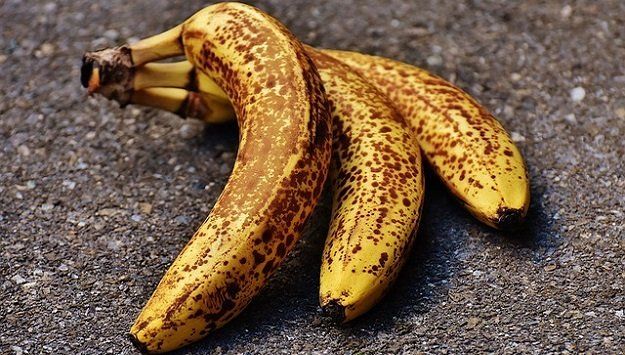The numerous campaigns to raise awareness about food waste in Denmark over the past few years have not been in vain.
According to a new report from the Miljøstyrelsen environmental authority, food waste generated by households last year was 14,000 tonnes lower than in 2011.
“Food waste means the consumers lose money and the resources used to produce the food – such as water, energy, fertilisation, feed etc – is wasted,” said Esben Lunde Larsen, the food and environment minister.
“So food waste is a critical agenda here in Denmark, as well as internationally. We can see that within the 17 sustainable goals passed by the UN in 2015 there was a considerable focus on reducing food waste. So I’m pleased that so many Danes agree it is a problem, and I hope even more will feel that way in the future.”
READ MORE: Surplus to requirements: internationals address root causes of food waste
Financial incentive
Meanwhile, a new report (here in English) that Aarhus University has produced on behalf of the Fødevarestyrelsen food authority reveals that 85 percent of Danes have become aware of the food waste problem in recent years.
The report also found that saving money was the primary factor responsible for Danes curbing their food waste – 66 percent said so – while 54 percent said they would try to reduce their food wastage because it was an environmental problem.
“If we want to have less food waste in Denmark, it requires everyone to get on board. We must remember the new figures cover households and a greater drop may have taken place in other parts of society. I’ll now consider how to make progress on this agenda,” said Larsen.














